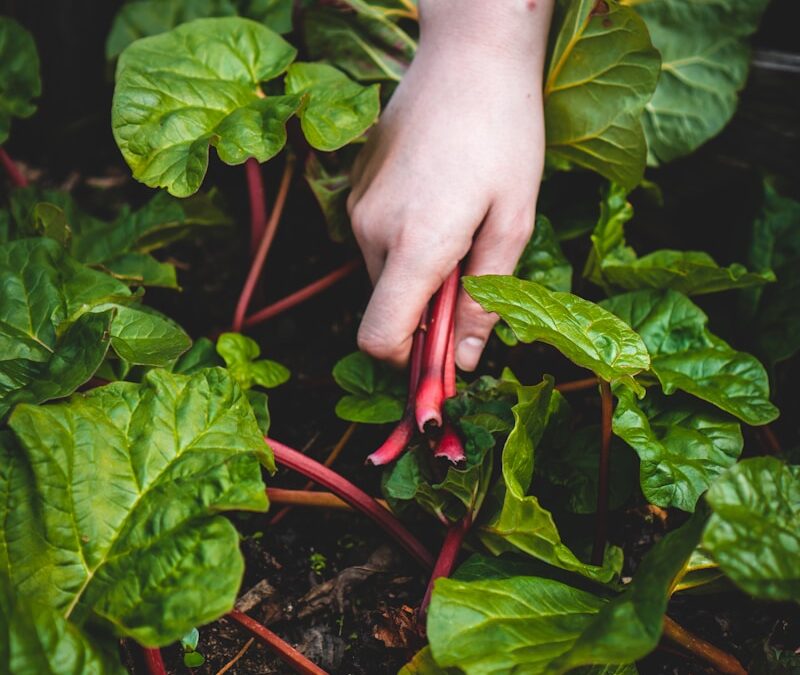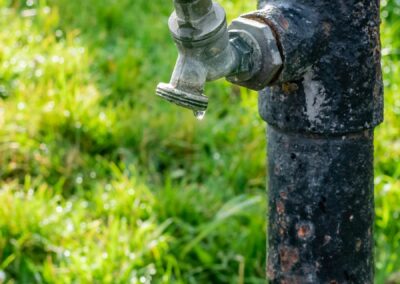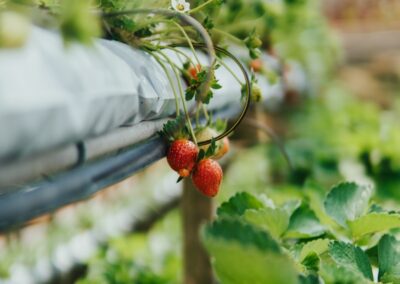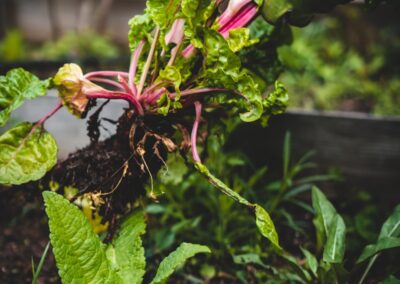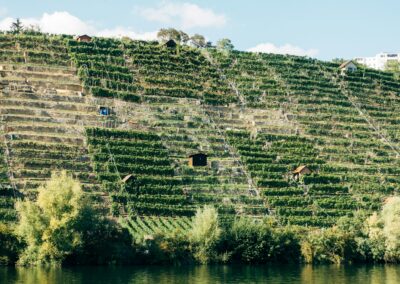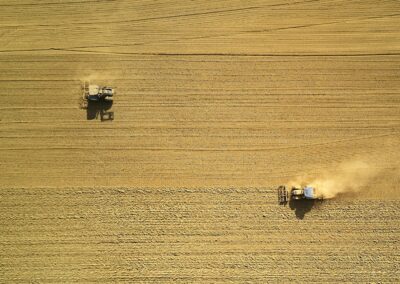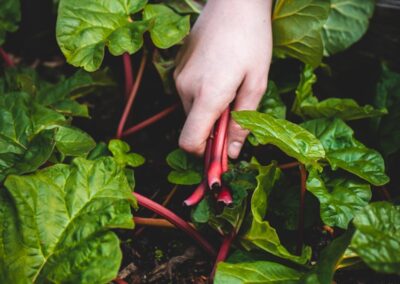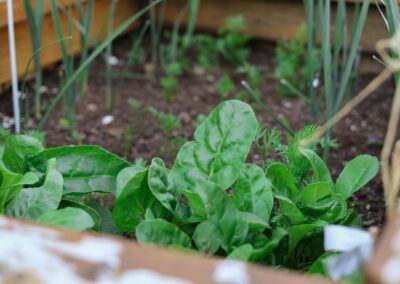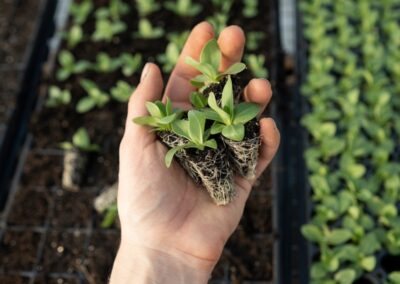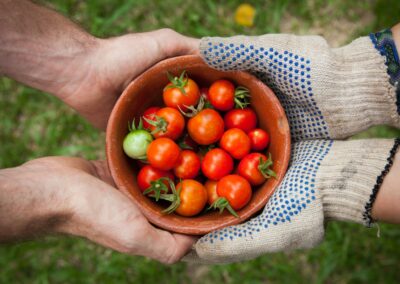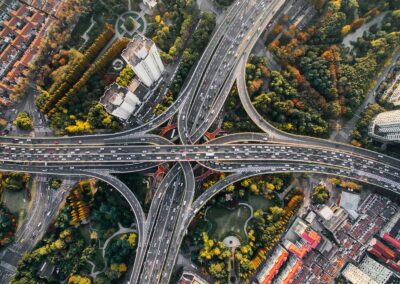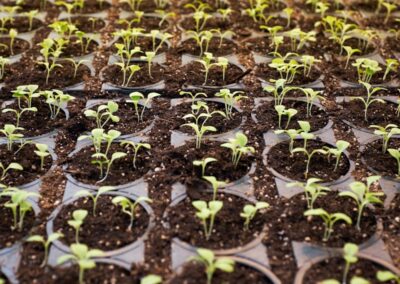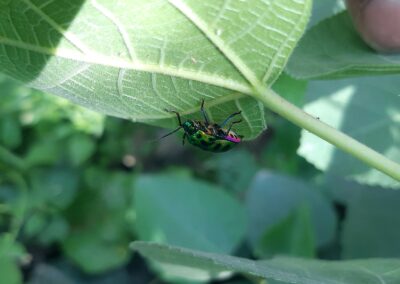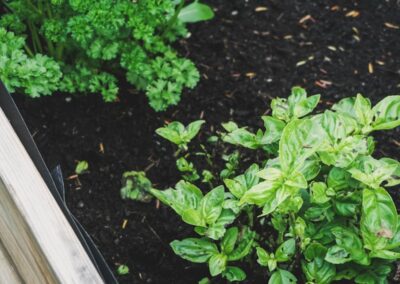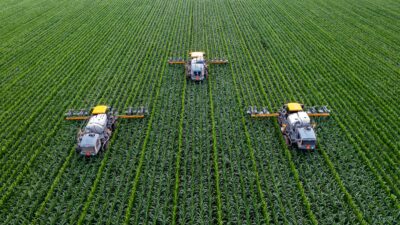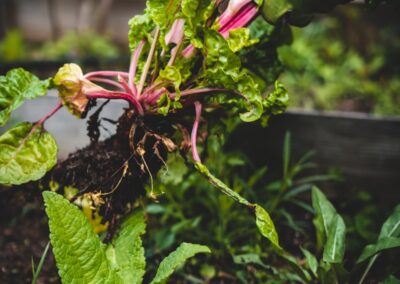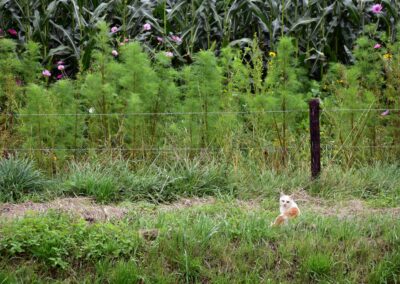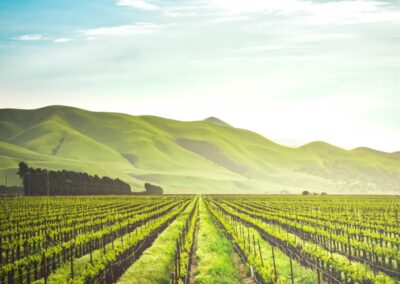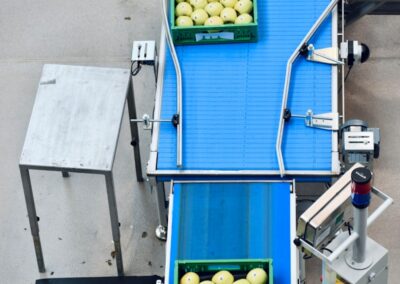The Emergence of Vertical Farming in Saudi Arabia and the UAE
Vertical farming is revolutionizing agriculture by growing crops in stacked layers or vertically inclined surfaces within controlled indoor environments. This innovative agricultural practice is gaining significant traction in urban areas like Riyadh and Dubai, addressing food security and sustainability challenges. Vertical farming allows for year-round crop production, maximizing space efficiency and minimizing environmental impact.
In Riyadh, vertical farming is emerging as a strategic solution to enhance local food production. The controlled environments of vertical farms enable precise regulation of light, temperature, and humidity, creating optimal conditions for crop growth. This method significantly reduces the reliance on traditional farming practices that are often hampered by the harsh desert climate. By integrating vertical farming into its urban infrastructure, Riyadh is positioning itself as a leader in sustainable urban agriculture.
Dubai, with its reputation for embracing cutting-edge technologies, is also at the forefront of vertical farming innovation. The city’s vertical farms utilize advanced technologies such as hydroponics and aeroponics to grow crops without soil, using nutrient-rich water solutions. This not only conserves water but also ensures that plants receive the exact nutrients they need for optimal growth. Dubai’s commitment to vertical farming underscores its dedication to food security and sustainable development.
Enhancing Food Security through Vertical Farming
Vertical farming plays a crucial role in enhancing food security by enabling local food production in urban areas. In Saudi Arabia, where arable land is scarce, vertical farming offers a viable solution to meet the growing demand for fresh produce. By cultivating crops in vertical layers within urban settings, cities can reduce their dependence on imported food, ensuring a stable and reliable food supply for their populations. This method also reduces the carbon footprint associated with long-distance transportation of food products.
In the UAE, vertical farming is seen as a strategic initiative to achieve food self-sufficiency. The controlled environment of vertical farms allows for consistent and predictable crop yields, regardless of external weather conditions. This is particularly important in regions with extreme climates, where traditional farming can be unpredictable and less productive. Vertical farming thus contributes to a more resilient and secure food system, capable of withstanding environmental and economic challenges.
Moreover, vertical farming supports the diversification of the food supply. By growing a wide variety of crops, including leafy greens, herbs, and even fruits, vertical farms can cater to diverse dietary needs and preferences. This not only improves nutrition but also stimulates local economies by creating new markets and opportunities for farmers and entrepreneurs. The adoption of vertical farming in Riyadh and Dubai exemplifies how innovative agricultural practices can address complex food security issues while promoting sustainability.
The Role of Technology in Vertical Farming
The integration of advanced technologies such as Artificial Intelligence (AI), Blockchain, and the Internet of Things (IoT) is pivotal to the success of vertical farming. AI algorithms can analyze data from sensors within the farm to optimize growing conditions, predict crop yields, and identify potential issues before they become problematic. This data-driven approach enhances efficiency and productivity, ensuring that vertical farms operate at their full potential.
Blockchain technology adds an additional layer of transparency and traceability to vertical farming operations. By recording every step of the production process on a secure, immutable ledger, stakeholders can verify the origins and quality of the produce. This builds trust among consumers and supports compliance with regulatory standards. In cities like Riyadh and Dubai, where food safety and quality are paramount, blockchain integration ensures that vertical farming remains a reliable and credible food source.
IoT technology facilitates real-time monitoring and control of vertical farming environments. Sensors and automated systems can adjust lighting, temperature, and nutrient delivery based on the specific needs of the plants. This level of precision reduces resource wastage and improves crop health and yield. By leveraging IoT, vertical farms can operate more sustainably, minimizing their environmental footprint while maximizing productivity. The adoption of these technologies in vertical farming highlights the importance of innovation in achieving sustainable agriculture.
#VerticalFarming #FoodSecurity #SustainableAgriculture #UrbanFarming #SaudiArabia #UAE #Riyadh #Dubai #ChangeManagement #ExecutiveCoaching #EffectiveCommunication #BusinessSuccess #ArtificialIntelligence #Blockchain #TheMetaverse #GenerativeAI #LeadershipSkills #ManagementSkills #ProjectManagement

